Entering the Final Phase
Skydio, the California-based drone developer, has reached the final phase of the US Army’s Short Range Reconnaissance Tranche 2 initiative.
This significant advancement is part of a program initiated in 2021 to replace the RQ-28A vertical takeoff and landing quadcopters with cutting-edge technology.
READ: BLUE SUAS PROBLEMS AND FLORIDA DMS SECRETARY ACCUSED OF PIMPING FOR SKYDIO
Skydio’s X10-D: A Technological Leap
The central focus of this initiative is the development of the Skydio X10-D, a small unmanned aerial system.
This system integrates FLIR’s Boson thermal camera device, enabling superior imaging quality and accurate radiometric readings, both during the day and at night.
The X10-D’s design adheres to stringent federal standards, including the Robotics and Autonomous Systems – Air Interoperability Profile. It also boasts an open architecture protocol to ensure future compatibility with various third-party and state-owned flight application software.

Skydio’s Commitment and Expansion
Mark Valentine, President of Skydio Global Development, emphasized the company’s pride in advancing its partnership with the US Army.
The X10-D has not only garnered interest from numerous US government agencies but also from international allies.
Skydio’s commitment extends beyond manufacturing drones; it reportedly is also focused on leveraging Drone Technology to enhance mission effectiveness, soldier protection, and global security.
Skydio’s Role in US Defense and International Projects
Apart from the drone replacement program, Skydio is actively collaborating with other US Department of Defense frameworks to integrate its autonomous systems into military operations.
This includes establishing a National Defense Authorization Act-compliant manufacturing site to ensure trustworthy sourcing for large-scale productions.
Skydio has also been instrumental in testing an AI platform that allows a single operator to manage multiple drones simultaneously.
Global Collaborations and Contributions
Skydio’s technological prowess is recognized internationally. Recent collaborations include a partnership with Australian company EPE to provide microdrones to New Zealand’s armed forces.
In August, Skydio, along with the US Agency for International Development, facilitated the delivery of drones to Ukraine for documenting war crimes, underscoring its commitment to global security and humanitarian efforts.
As Skydio enters the final phase of the US Army’s replacement program, its innovative developments in drone technology promise to revolutionize aerial reconnaissance and surveillance.
The company’s contributions extend far beyond the military, impacting global security and humanitarian efforts, positioning Skydio as a key player in the future of autonomous aerial systems.
Skydio has also been one of the driving forces behind the U.S. Government’s efforts to push out foreign drones, such as Chinese-made DJI drones, at both state and federal levels.
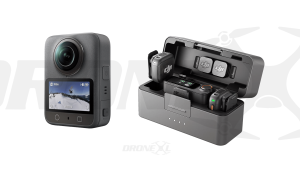
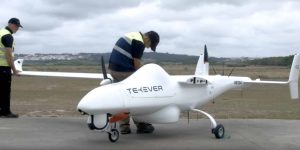
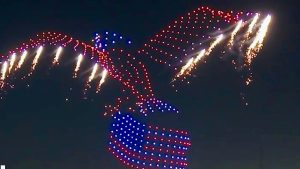








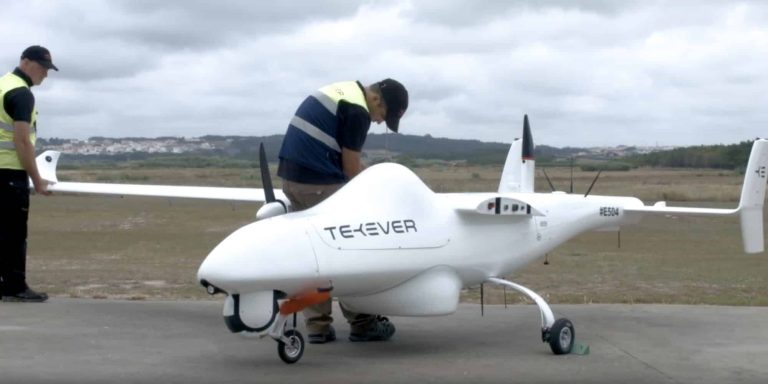
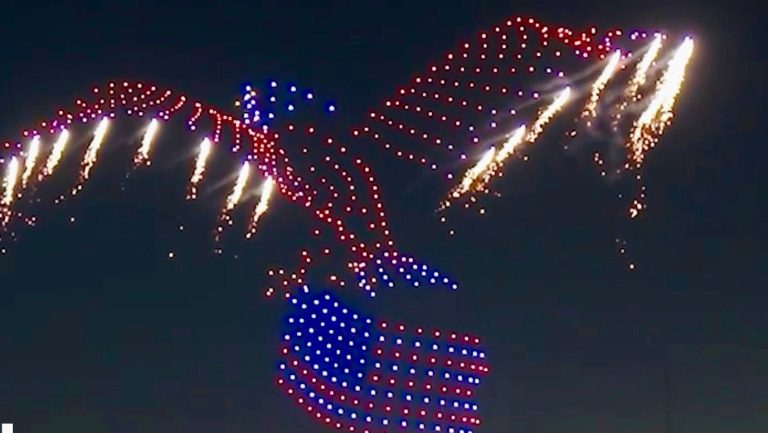

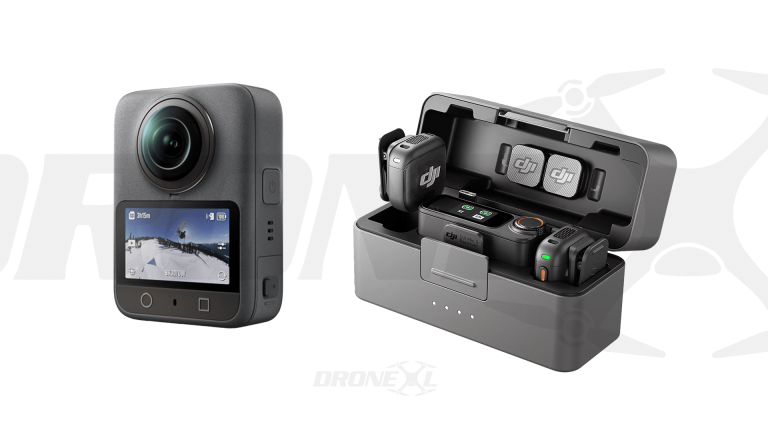


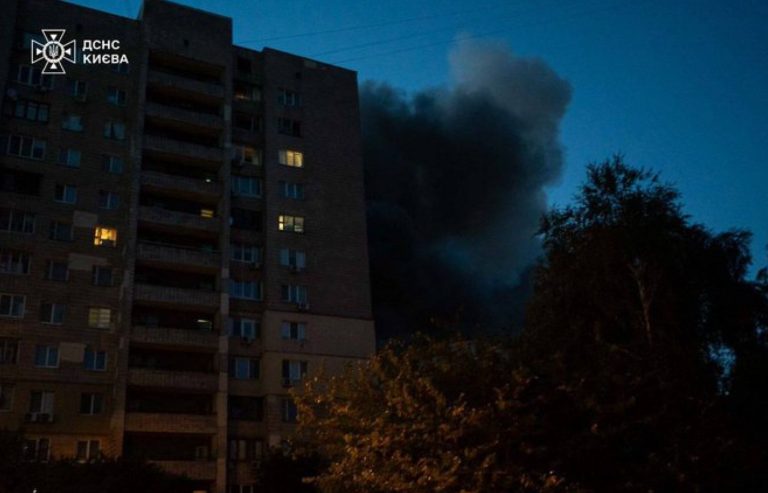

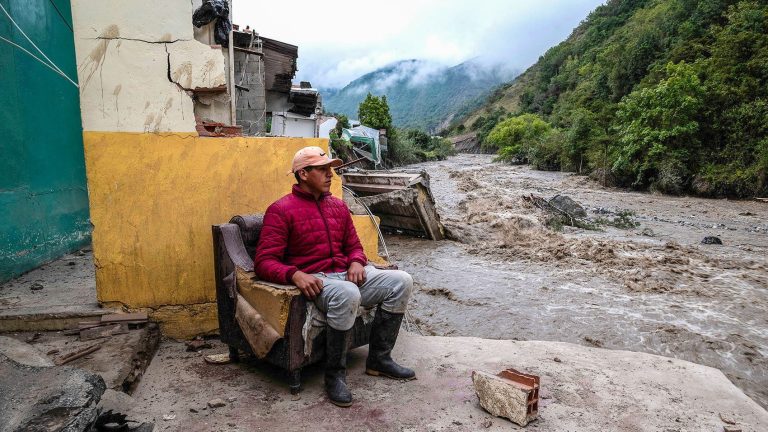

+ There are no comments
Add yours